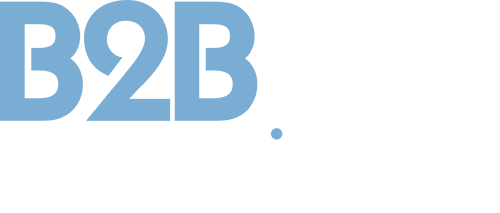We know that the current energy crisis, Russia’s invasion of Ukraine, supply chain issues, and secondary effects of the Covid-19 pandemic have all led to swiftly increasing inflation. The Bank of England is currently predicting that these pressures will mean the UK will enter a recession by the end of the year.
One of the most prominent effects of this is the current cost-of-living crisis, and the subsequent consumer inability or reluctance to spend unnecessarily. Reduced disposable income will have consequences for most industries, and signs are already visible in the WEEE market.
For instance, placed on market figures for household EEE materially declined this year, meaning decreases in consumer spending. Compared with last year, the amount of large household appliances put on the market decreased by 11% in Q1 and Q2, and cooling appliances by 6%.
With a recession and further inflation, we can expect EEE sales to keep decreasing with a subsequent impact on evidence prices. This is particularly true for WEEE product streams with shorter lifetimes, where placed on market tends to directly correlate with evidence availability. Less available evidence will likely mean higher prices, which will almost certainly be exacerbated by higher transport and logistic expenses due to increased fuel and energy costs.
In short, it would be sensible for producers to anticipate an increase in WEEE evidence costs in the next year, as the effects of the current economy are realised.
If you have any questions about how your business is affected, please contact our team


